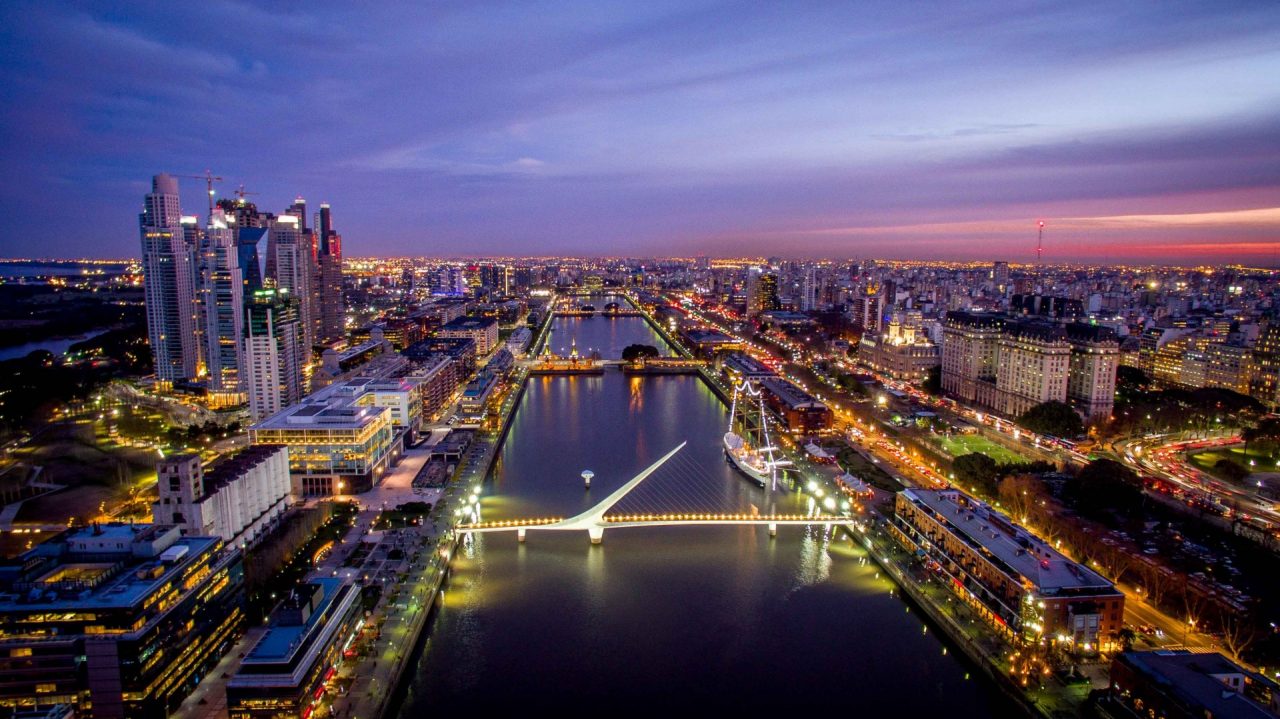It wasn’t high-tech public transport, automated traffic lights, or even the digitalization of local administrative networks that earned Buenos Aires the title of “2021’s smartest city”. It was something a bit “trashier”: Argentina’s capital won the Smart City Export World Congress, which took place a few days ago in Barcelona, for its modern and sophisticated waste management program (in the category Municipal Solid Waste Management Plan).
Launched by the city government in 2012, the project has transformed Buenos Aires into one of the world’s most advanced cities for waste management and effective reuse in energy production.
The city is putting the principles of the ‘circular economy’ into practice. The programme promotes cutting back on personal waste, facilitates waste separation, and grants the general public access to a series of plants designed specifically to treat different types of waste. In some cases, it even facilitates urban energy production using food waste.
Buenos Aires’ waste management program
The population of Buenos Aires now exceeds 3 million residents, while its greater metropolitan area comprises some 16 million. As the city’s demographics have expanded, so too has its waste production. In 2012, 14,000 tons of waste were produced per day; by 2016, this had grown to 18,000. Of this total, 6,000 tons were generated right in the city center.
This led the city government to work toward a new treatment system. Massive investments were required to build plants that could effectively treat waste while also creating a city-wide organisational practice and orienting residents toward mindfully separating their garbage. By 2012, the first year of the program, the amount of solid waste thrown indiscriminately into local bins had been reduced by 50%. By 2017, this had grown to 75%. By 2020, the entire waste collection system in the city had become containerised. All waste is still treated separately today, opening up the possibility for energy production through organic waste. Currently, 20,000 city homes are powered by electricity produced from waste.

The local recycling centre
It’s easy to get a firsthand look at how Buenos Aires is re-designing the blueprint for waste treatment. The Villa Soldati in Calle Ana Marìa Janer is home to the CRC (Centro de Reciclaje de la Ciudad), which is open to the public for visits. The space highlights how Buenos Aires organises recycling of varied materials, from plastic to plants.
As the city’s recycling headquarters, it treats shrubs, trees, and all types of waste generated by public greenery and landscaping, along with plastic bottles and boxes, paper, and more. On the whole, it’s the first center in Argentina that combines five different types of treatment plants, each specialising in a different type of waste. The complex also hosts an educational center to facilitate training for young people and schoolchildren.
Buenos Aires: the globally-recognised city
The Smart City Award is not the only recognition the Argentine capital has received recently. The city’s commitment to an integrated and sustainable urban waste management system has been recognised on numerous occasions as a modern and efficient example of urban regeneration.
Last year, the Buenos Aires municipal Ministry of Public Space and Urban Hygiene earned four awards specifically for its waste recycling policies, beginning with the Green Latin America Award. This was followed by the Sustainable Leadership Award, conferred by the Argentine-British Chamber of Commerce. Next, the city was recognized as a “Supporter” by the Waste Wise Cities Program, a global project highlighting the impact of proper waste management on cities, and finally, it earned a Triple Impact Certification from the Water Oceans Foundation (under the United Nations umbrella).
The various awards given in Latin America and around the world have highlighted the range of waste management programs launched in recent months. Increased interest on the topic has helped the Argentine capital become a global case study in urban sustainability.

